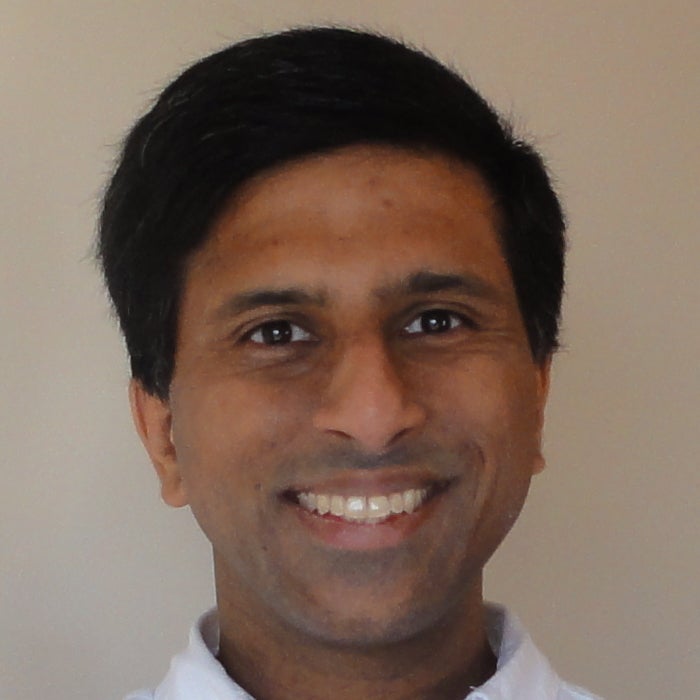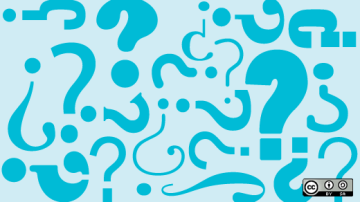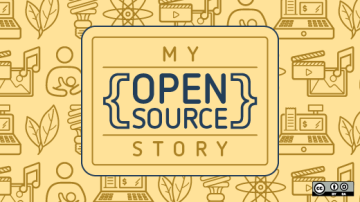
Kartik Subbarao is an independent consultant with extensive experience in open source strategy, architecture, and implementation. His career includes over 16 years at Hewlett-Packard in a variety of engineering and technical leadership positions in R&D, Consulting and IT. He was the founding Global Lead for HP's Open Source and Linux Profession, a community of practice for thousands of open source technologists across the company. Kartik has a BSE from Princeton University and an MSE from Stanford University. He is the author of Enlightening Technical Leadership, a book about bringing greater self-awareness to technology work.





Authored Comments
Nicely written article with insightful commentary as usual from Michael. Reading this prompted me to reflect on my favorite story from Plato -- the Cave -- and how it relates to open source:
https://en.wikipedia.org/wiki/Allegory_of_the_Cave
Open source gives us an opportunity to conceive and perceive a staggeringly complex and abundant variety of forms of software. What I find most intriguing about open source, though, is that these forms are just like the shapes on the wall in Plato's cave. Whatever we experience on the "wall" of our computer screen, after all, is just photons of light.
Open Source gives us a way to intelligently and collaboratively throw a bunch of forms up on the wall, recognize patterns in those forms, and notice that those patterns show up in all sorts of places in our lives.
If we can expand our awareness so that we're not just looking at the external screen, but simultaneously at our internal processes that mediate, filter and co-create the forms that we experience, we gain deeper insights into who we are and why we do what we do.
Software, like any other human creation, is a projection of our mind onto the world. Open Source gives us lots of teaching and learning moments to help us understand and contribute value.
Along the lines of "you can't take it with you", it appears that Steve Jobs may have stayed too hungry and too foolish towards the end of his life:
=====
“I will spend my last dying breath if I need to, and I will spend every penny of Apple’s $40 billion in the bank, to right this wrong. I’m going to destroy Android, because it’s a stolen product. I’m willing to go thermonuclear war on this.”
=====
How sad. Although he was a multibillionaire who didn't seem to be too attached to his material wealth, he apparently could not let go of his possessiveness to what he perceived as his intellectual property.